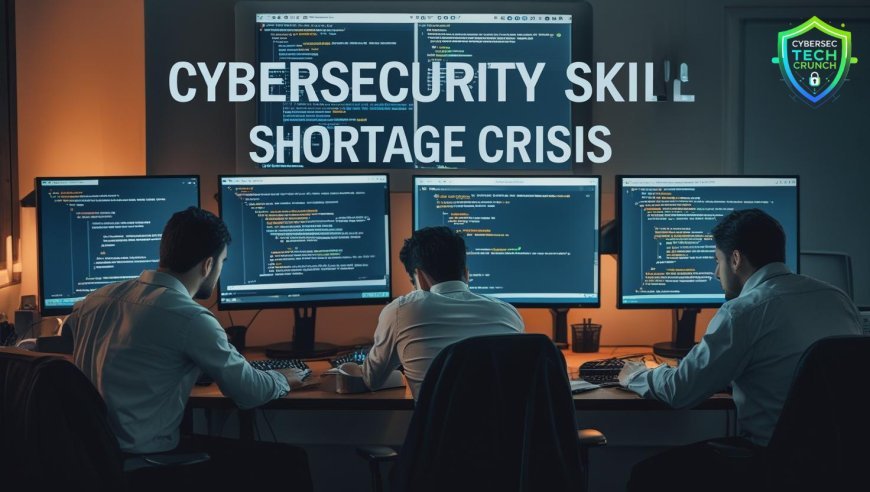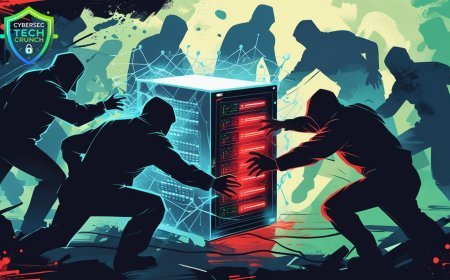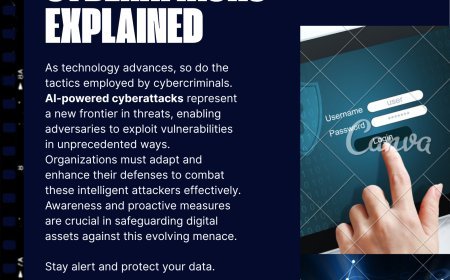Cybersecurity Skills Shortage: A Crisis in the Digital Defense Frontline

Cybersecurity Skills Shortage: A Crisis in the Digital Defense Frontline
The world is more connected than ever before. From smart homes and digital banking to remote work and global supply chains, technology has become the backbone of modern life. But with this digital transformation comes a relentless surge in cyber threats-and an alarming shortage of the professionals needed to stop them. It’s a crisis that’s quietly unfolding, and its impact is being felt across industries, governments, and individuals alike.
Cyberattacks are becoming more frequent, more sophisticated, and more damaging. Organizations are constantly under siege, facing everything from ransomware and phishing to advanced persistent threats orchestrated by organized groups. Yet, despite the growing complexity of these attacks, the teams tasked with defending against them are often stretched thin, under-resourced, and overwhelmed.
The problem isn’t that organizations don’t want to hire. It’s that they can’t find the right people. The demand for cybersecurity professionals has skyrocketed, but the talent pipeline simply hasn’t kept up. Whether it’s a shortage of experienced analysts, ethical hackers, incident responders, or security architects, the gap is wide-and growing.
This shortage doesn’t just slow down progress; it creates real vulnerabilities. Without enough skilled professionals, organizations struggle to monitor networks, respond to incidents promptly, and build secure systems. Tasks get delayed, threats go unnoticed, and the risk of breaches increases. For smaller companies, it may mean not having any dedicated security staff at all-leaving them dangerously exposed.
Part of the issue lies in how we train and recruit cybersecurity talent. Many positions still require years of experience or niche certifications, making it difficult for new entrants to break in. Meanwhile, the field itself is constantly evolving, demanding continuous learning and adaptability. It’s not just about understanding firewalls and antivirus software anymore-it’s about understanding human behavior, emerging technologies, regulatory landscapes, and global threat intelligence.
Diversity is another challenge. The industry has historically struggled to attract women, minorities, and individuals from non-traditional backgrounds. That’s a huge missed opportunity, not just for inclusion, but for innovation. A broader range of perspectives leads to stronger, more creative problem-solving-something cybersecurity desperately needs.
So, what’s the solution? We need to rethink how we approach education and hiring. That means creating more accessible training programs, offering hands-on experience through apprenticeships or simulations, and recognizing transferable skills from other industries. It means investing in mentorship, promoting from within, and building clear career paths for young professionals and career changers alike.
Cybersecurity isn’t just a technical field-it’s a human one. And the shortage we face isn’t just a numbers game-it’s a reflection of how we nurture talent, reward curiosity, and build resilient teams. If we want to stay ahead of cyber threats, we need more than tools and technologies-we need people. Skilled, supported, and ready to defend.

























